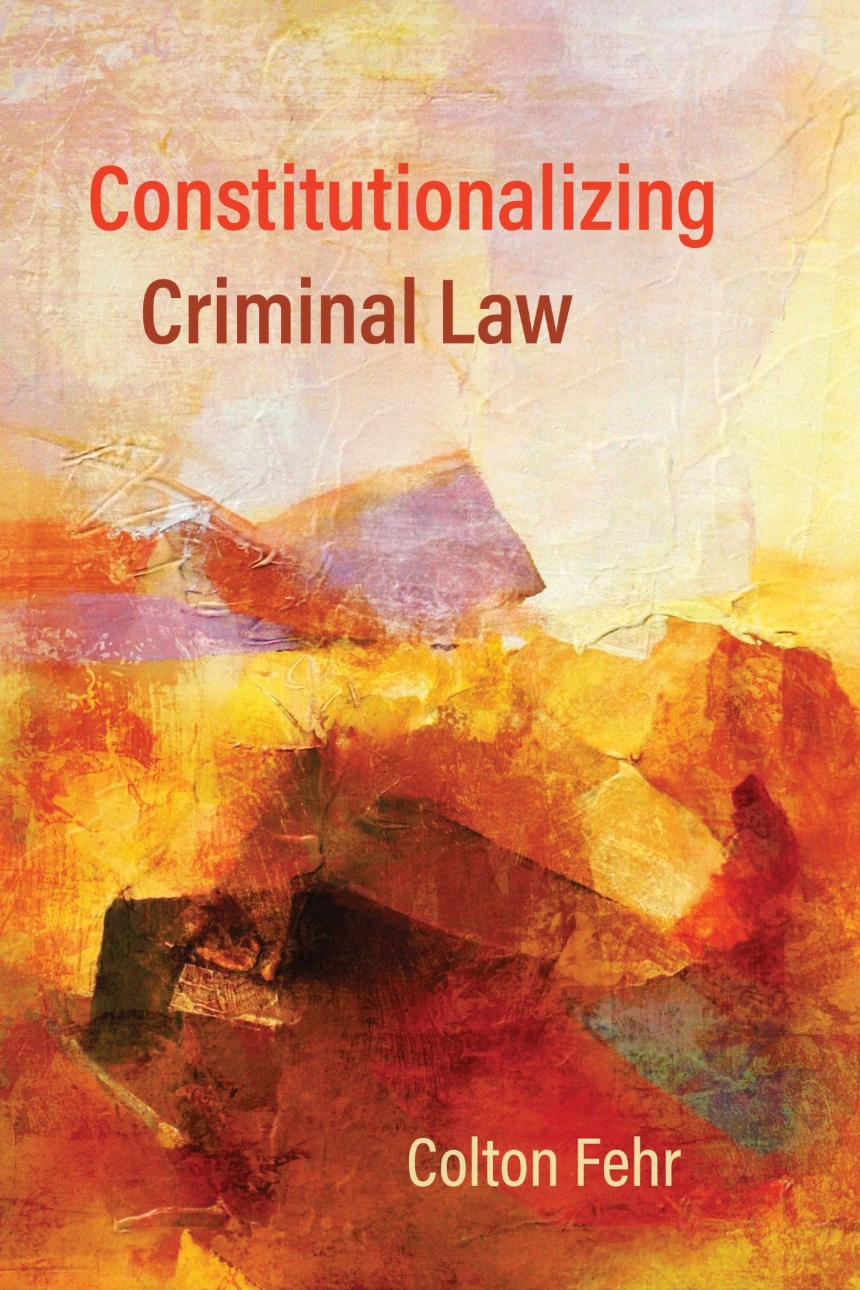Distributed for University of British Columbia Press
Constitutionalizing Criminal Law
A clarion call for an overhaul of the modus operandi of Canada’s Supreme Court.
Constitutionalizing Criminal Law calls for an overhaul of the way the Supreme Court of Canada has developed the relationship between criminal and constitutional law. After the adoption of the Charter of Rights, the Court employed principles of criminal law theory when striking down criminal laws. More recently, it has invoked principles of instrumental rationality in doing so. In both cases, the Court has consistently turned to the concept of fundamental justice to constitutionally challenge criminal laws in place of specifically enumerated rights. The existence of multiple avenues to challenge criminal laws constitutionally raises the question: Which set of rights should the Court employ? This book argues that rights decisions should be based on enumerated rights where possible, the principles of instrumental rationality abandoned, and the principles of criminal law theory invoked only when an unjust criminal law cannot otherwise be challenged under the Charter.
Constitutionalizing Criminal Law calls for an overhaul of the way the Supreme Court of Canada has developed the relationship between criminal and constitutional law. After the adoption of the Charter of Rights, the Court employed principles of criminal law theory when striking down criminal laws. More recently, it has invoked principles of instrumental rationality in doing so. In both cases, the Court has consistently turned to the concept of fundamental justice to constitutionally challenge criminal laws in place of specifically enumerated rights. The existence of multiple avenues to challenge criminal laws constitutionally raises the question: Which set of rights should the Court employ? This book argues that rights decisions should be based on enumerated rights where possible, the principles of instrumental rationality abandoned, and the principles of criminal law theory invoked only when an unjust criminal law cannot otherwise be challenged under the Charter.

